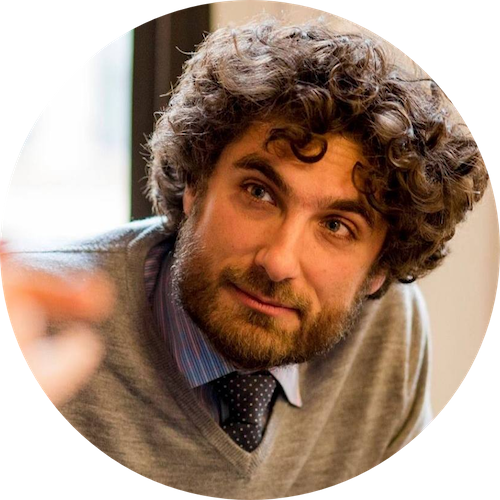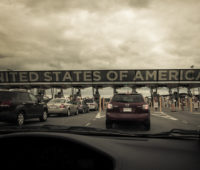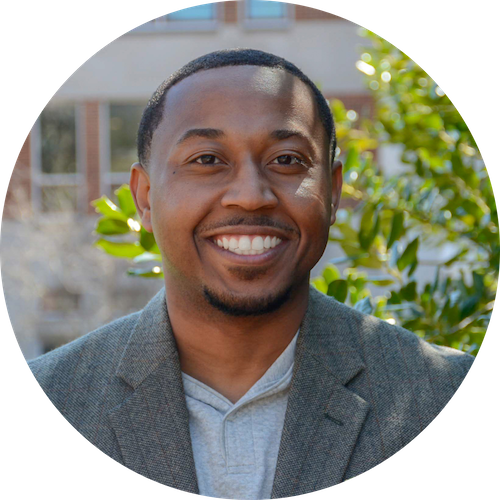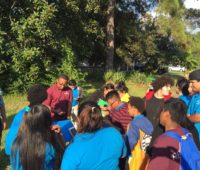In their essay for “Covid-19 and the Social Sciences,” Samantha Montano and Amanda Savitt break down the importance of event categorization for applied disaster response, and the need for researchers and science communicators to use these concepts consistently. Hearkening back to E. L. Quarantelli’s seminal work on the subject, Montano and Savitt revisit previous events that have helped define conceptual scales for catastrophic events and ask whether and how we should describe the Covid-19 pandemic as such. Considering the unique harms produced in the pandemic context (including widespread economic impacts, and the limits on resource-sharing that can respond in geographically limited disasters), the authors show how the framing of our research has long-reaching potential effects on policy and practice.































